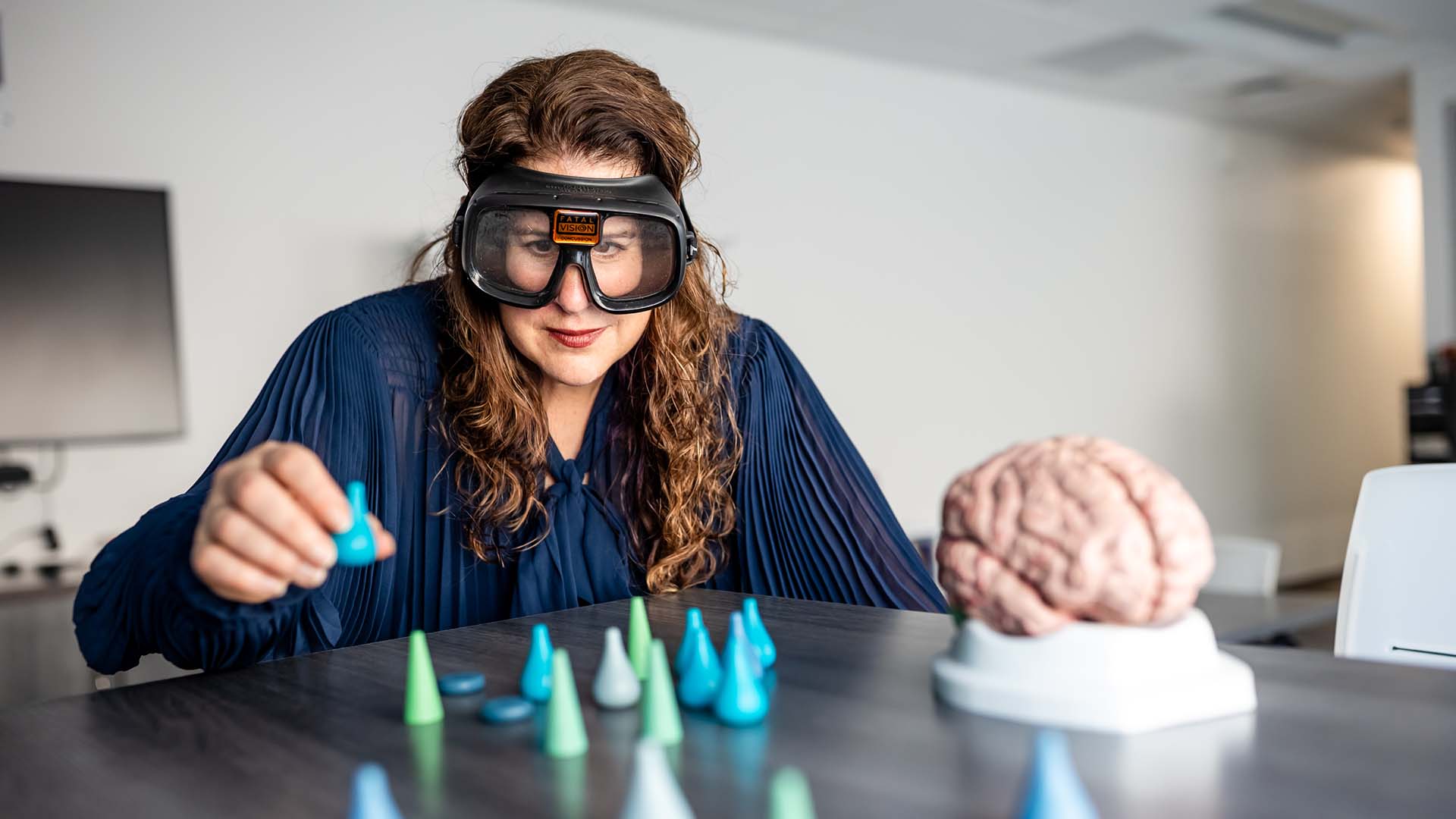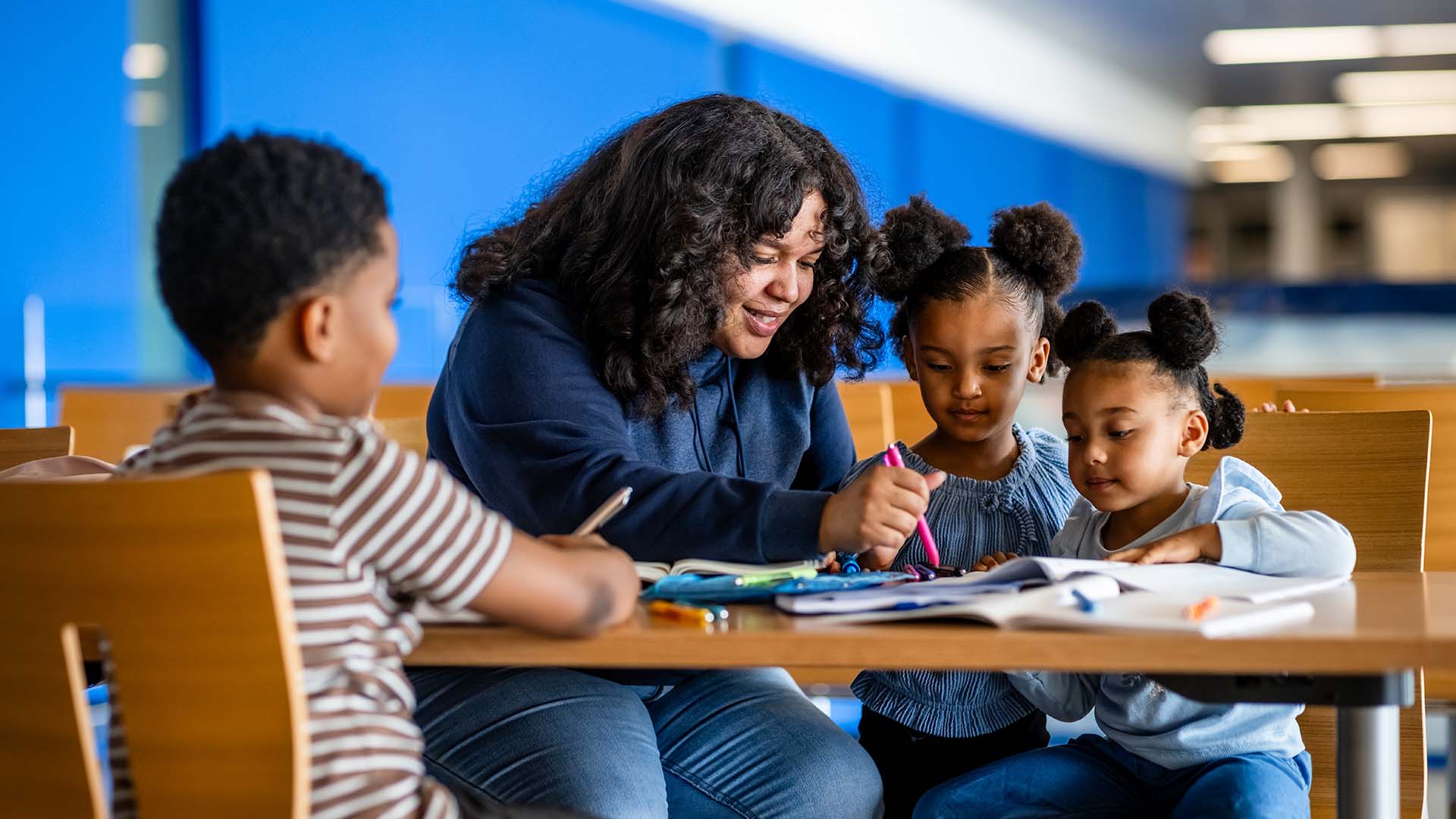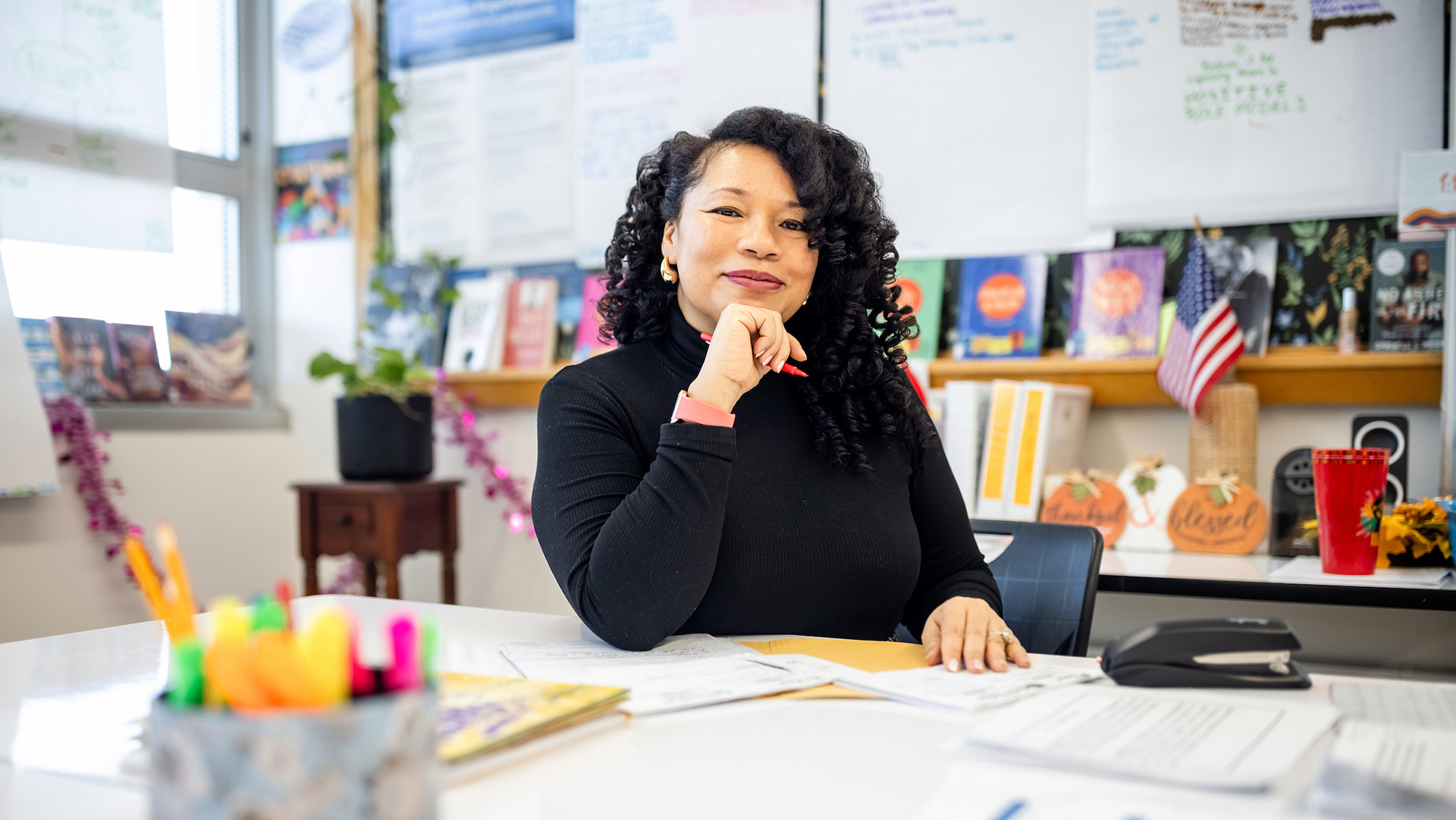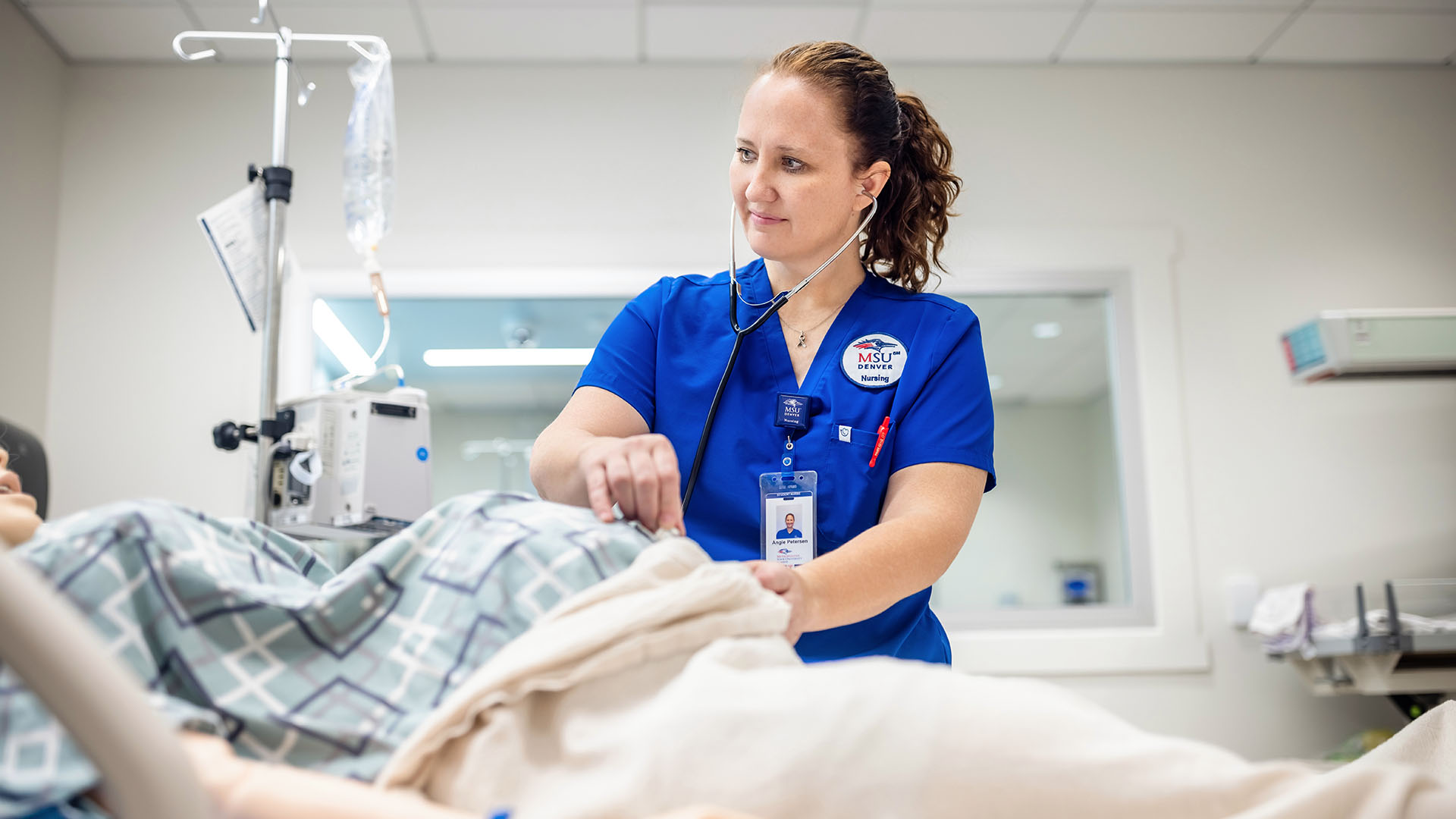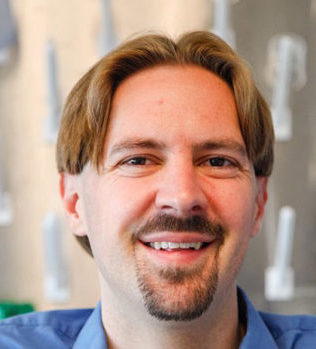The opportunity of a lifetime
How one student’s passion for scientific research landed him a full ride in an Ivy League doctoral program.
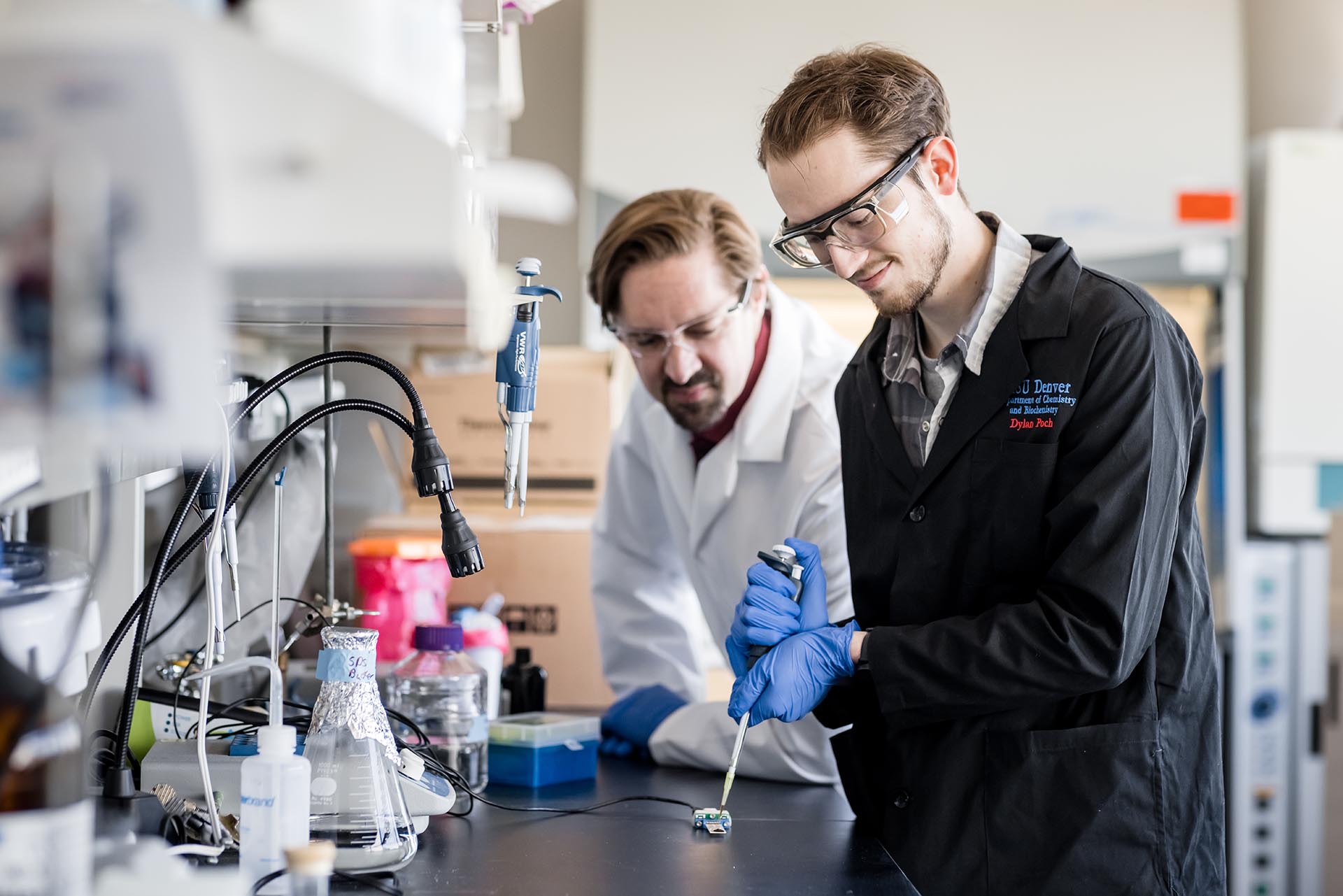
Enrolling at Metropolitan State University of Denver was a bit of a culture shock for Dylan Poch. That’s because Poch didn’t have the typical early education experience.
He was homeschooled, and in his high school years, he taught himself advanced chemistry and mathematics. If he had questions, he would go to the textbook. “That led me to appreciate learning how to learn,” he said.
Part of Poch’s success at MSU Denver is due to his insatiable hunger for learning.
“(Poch’s) being thrust into the cosmopolitan, diverse background of MSU Denver was like a little fish jumping into a big pond,” said Andrew J. Bonham, Ph.D., Chemistry and Biochemistry professor and department chair. “It says a lot to his character that he didn’t let that intimidate him or overwhelm him.”
Poch’s hard work resulted in a dream scenario for many students, as he earned a full scholarship to Yale University. In the fall, he’ll enroll in Yale’s Biochemistry, Quantitative Biology, Biophysics and Structural Biology doctoral program.
Surprisingly, Poch was hesitant even to apply to an Ivy League institution, knowing that MSU Denver doesn’t necessarily have the brand-name recognition of other undergraduate universities. With support from faculty members, he overcame that hesitation. “I figured I would regret not applying,” Poch said, “but I had no expectation to get in.”
The process of discovery
After enrolling in MSU Denver’s Biology program, Poch realized he wanted a more molecular understanding of some of the things he was learning. “So that led me to become a Biochemistry student and, ultimately, a Chemistry student,” he said.
At the end of Poch’s freshman year, Bonham invited him to join the Bonham Research Lab. There, Poch had the opportunity to train other students in the lab, and he has been published in multiple publications. Bonham became a research mentor for Poch for the next three years.
“When I started school, I wanted to become a medical doctor,” Poch said. “But shortly after joining (Bonham’s) lab, I just really fell in love with research and the process of discovery and the applications being applied to solve medical problems.”
This opportunity and mentorship made a big difference in Poch’s educational trajectory.
Real, meaningful science
Other universities often give graduate programs more access to research labs. So it’s a bit unusual that MSU Denver gives undergrads the research opportunities it does.
“Typically, an undergrad is assigned only one tiny part of a project,” Poch said.
But at MSU Denver, he noted, undergrads have the opportunity to take ownership of an entire project. “That really lets us learn how to actually do research as opposed to being more of a lab technician and how to ask the right questions and really do hypothesis-driven research,” he said.
RELATED: Biochemistry undergrads discover new way to detect celiac disease
Bonham, who has mentored nearly 40 undergraduate students during his 10 years at MSU Denver, thinks this is critical.
“I feel really passionate that undergraduates are capable of doing real, meaningful science,” Bonham said. “And when I recruit research students, I don’t aim to have them just gain experience or maybe publish in an undergraduate-only journal. I aim to train students in an almost-grad-studentlike fashion to get them to do real research.”
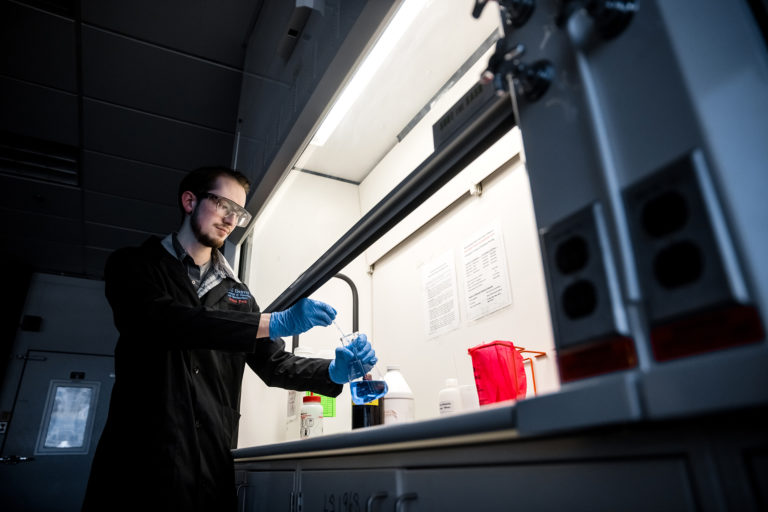
Poch’s primary research project has involved developing an electrochemical DNA biosensor to detect nontuberculous mycobacteria, an environmental organism that can cause various infections in humans. During the pandemic, when the lab was temporarily closed, Poch used the time to work with Bonham on a computational-based project to analyze the epigenetic patterns associated with cancer.
Through his research, Poch published in reputable scientific journals. What’s more, he recently attended the American Society of Biochemistry & Molecular Biology conference, which is open to 250 student entrants in six categories. Poch received an honorable mention for the microbiology poster category, and fellow MSU Denver student Julie Lee won first place in the nucleic-acids undergrad poster category. As a member of the University’s Honors Program, Poch will present his research and honors thesis at the annual symposium in May.
A noble goal
When Bonham heard the news that Poch had been accepted to Yale, he literally jumped for joy. “I was so overjoyed,” he said. “It’s just a delight to see others recognize that kind of talent that I had been privy to for a few years.”
Sophia Tran, Ph.D., General Chemistry lab instructor and presidential faculty fellow, agreed. “He has this really kind heart,” she said of Poch, “but he’s also very self-motivated and wants to achieve a lot. He does that without having to cut other people down.”
Poch is eager for the opportunity. “It’s definitely going to be a big shift for me, but I’m very eager and looking forward to some of the research I’m going to be doing,” he said.
RELATED: DIY disease detection
At Yale, he’ll be able to research with almost any faculty member in any of the biological sciences for his program. He hopes it will help him achieve his goal of applying the fundamental principles of science, chemistry, physics and biology to help improve human health.
Anyone at MSU Denver considering applying to an Ivy League school should absolutely go for it, he said. “Because from my experience, it’s all about the quality of your research, the quality of your education and what you’ve learned,” he said.
He credits MSU Denver for setting students up for success. “As long as you put in the work,” he said, “there’s no reason why you shouldn’t be considered for a spot at one of these institutions.”

